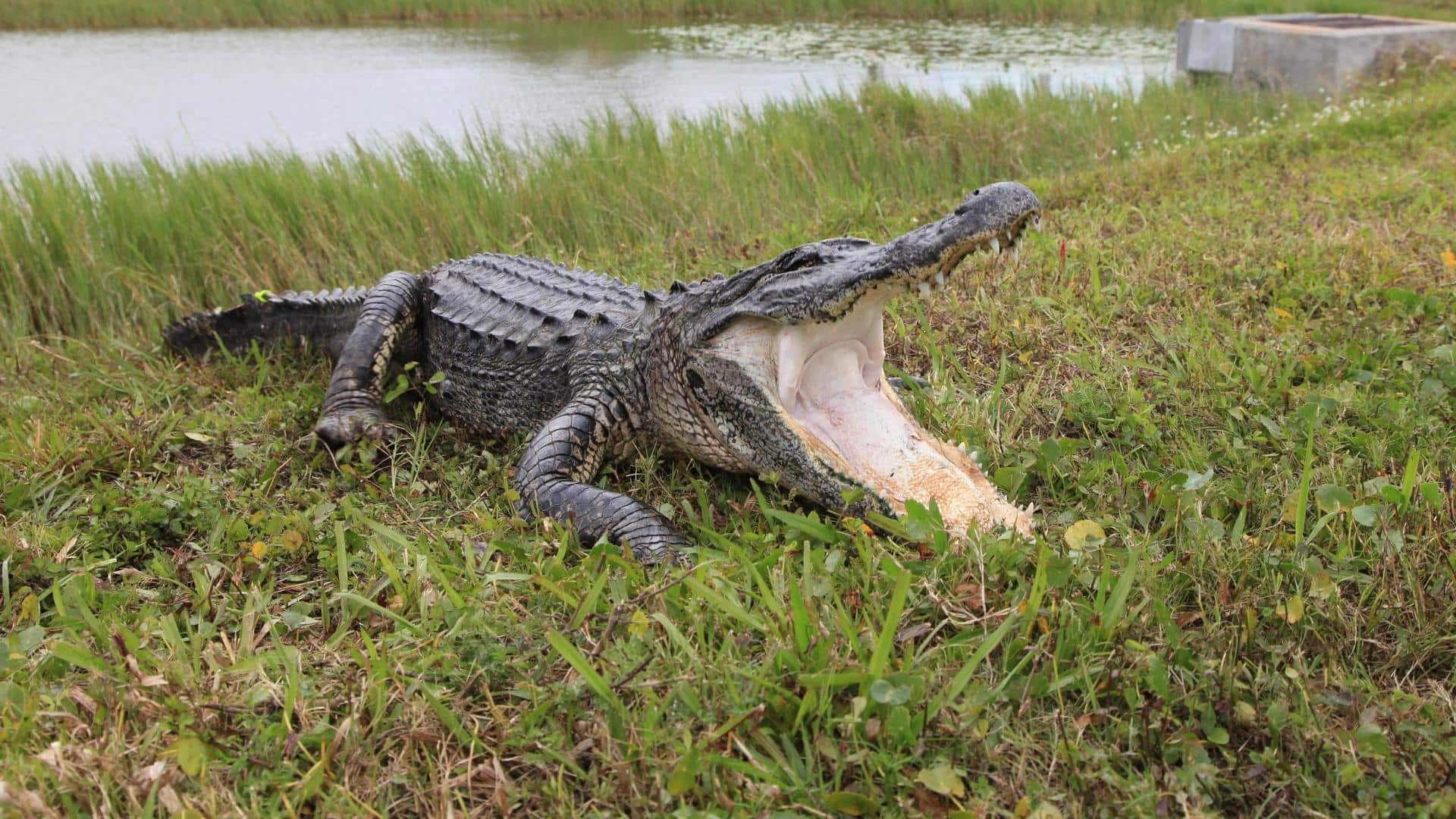
First-ever 'virgin birth' found in crocodile species: Know scientific significance
What's the story
An 18-year-old female crocodile who had no contact with males gave birth to a fully developed female crocodile fetus. Although the offspring was stillborn, this is the first time a case of "virgin birth" has been recorded in crocodiles. The female crocodile, Crocodylus acutus, has been in isolation at the Parque Reptilandia Park in Costa Rica for 16 years now.
Process
This form of asexual reproduction is called parthenogenesis
This form of asexual reproduction wherein embryos develop from unfertilized eggs is called parthenogenesis. It is known to occur in snakes, fish, lizards, and other reptiles but never in crocodiles This virgin birth incident indicates crocodiles may have had a common ancestor with reptiles and birds at least 267 million years ago. It's theorized that perhaps dinosaurs were also able to reproduce without mating.
Finding
The crocodile laid a total of 14 eggs
Workers at the Costa Rica park were surprised when they found the female crocodile guarding 14 eggs. Even when allowed to incubate, none of the eggs hatched. Researchers were then left with no option but to crack open the eggs. Seven of the 14 eggs were found to be viable. However, only one egg contained a fully developed female fetus but it was dead.
Information
In crocodiles, the sex is determined purely by outdoor temperatures
In crocodiles, the sex is determined purely by outdoor temperatures. The incubation temperature of 29.5°C was ambient for the development of female fetuses. Hence, in this case, the fact that the fetus was female was not governed by the parental chromosomes.
Study
How does "virgin birth" happen?
Genetic analysis revealed the female fetus was largely identical to the mother crocodile, confirming the fact that the offspring was the result of asexual reproduction and no male crocodile was involved. What happens during parthenogenesis is that the egg fuses with one of its own by-products known as the second polar body, meaning the resultant embryo has two copies of the mother's DNA.
Conclusion
The concept of parthenogenesis is not completely understood
The early death of the fetus does not mean that offspring produced by asexual reproduction cannot live full lives, said Warren Booth, from Virginia Tech. Several parthenogenetic offspring in other species make it to adulthood and go on to reproduce sexually. However, it is not entirely understood why parthenogenesis occurs in some species but such occurrences are increasingly been reported in recent times.